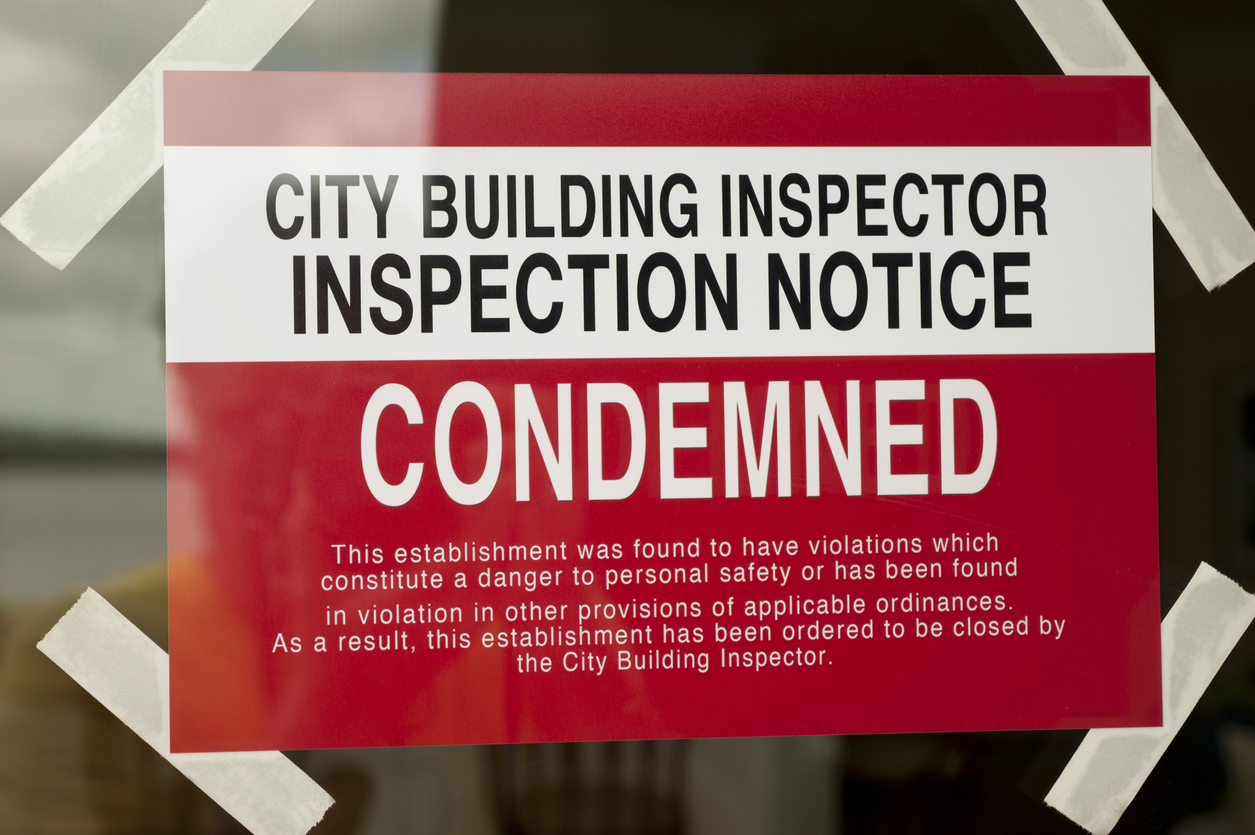Last week the Florida Senate grilled insurance executives regarding promised rate reductions that never materialized. The news reports unanimously found that the insurance executives failed to fully and honestly answer questions put to them by the Senators ("In Insurance Talks, Beware The Jabberwock"; "Allstate Defends Rising Rates"; "Frustration at Insurance Rate Hearing"; "Keep the grill fired up for insurance companies"). This week, the U.S. House of Representatives Financial Services Subcommittee on Oversight and Investigations follows this inquiry. Unless something drastic happens, the result is going to be the same—a lot of ducking of completely honest answers. Florida legislators are not used to this treatment from corporate citizens and they know something needs to be done.
We suggest that many operations of insurance companies doing business in this state not have their documents subject to Trade Secret protections. The reason is clear–insurance executives hide wrongful industry practices under sham claim of "trade secrets." Allowing wrongful practices to have such protection is akin to the mafia being afforded a law to protect what it does from disclosure. There is no societal good to insurance companies being allowed to skirt the truth of what they do to set rates and determine processes that effect how they pay claims.
Second, there needs to be more levels of sanction against insurance companies that violate inquiries from the Office of Insurance Regulation and the legislature. Complete stoppage of business or a small $10,000 fine seem to be the two primary alternatives under current law. There needs to be something else because Courts will be wary of shutting down insurers through administrative decrees.
Personal criminal penalties for those responding may be the answer because with such a penalty, most would expect honest and full disclosure. Further, the threat of having to turn over such materials with the requirement that such answers be honest and complete will probably prevent situations calling for an inquiry to ever occur. Until such recommended legislation passes, one can expect the status quo to be maintained. The insurance company has your premium dollars and has an army of lawyers, lobbyists and executives trying to keep it in the carrier’s treasury without accountability.



